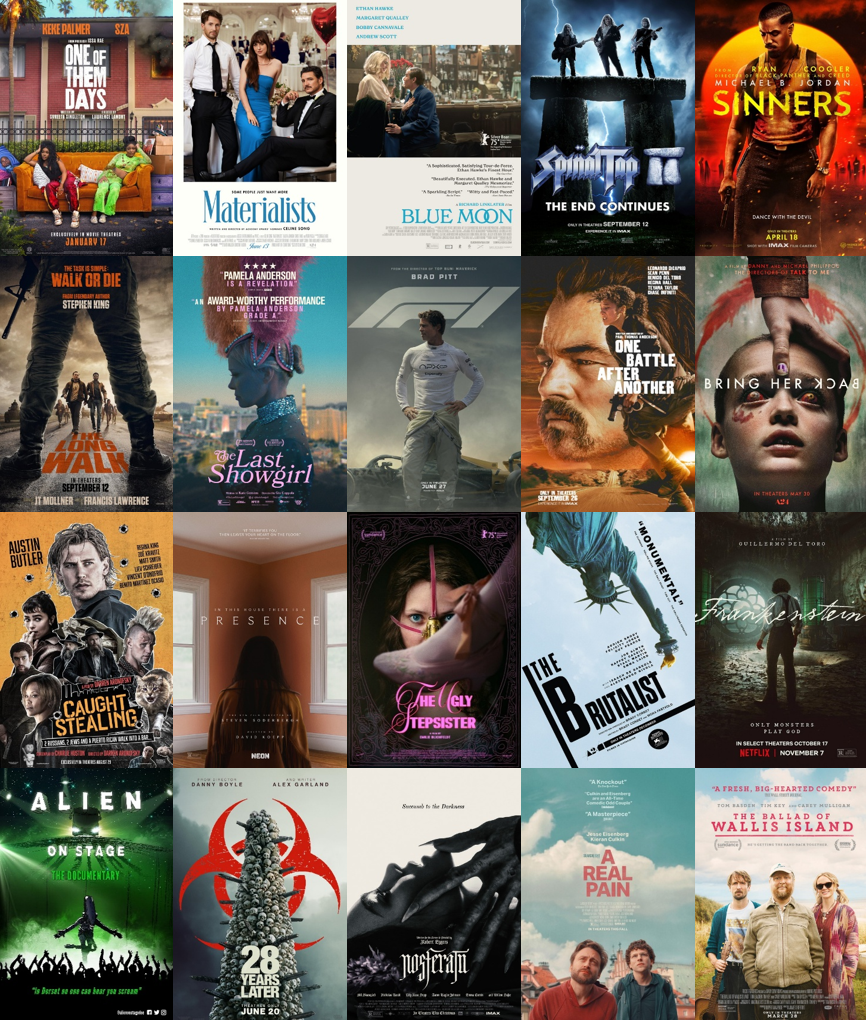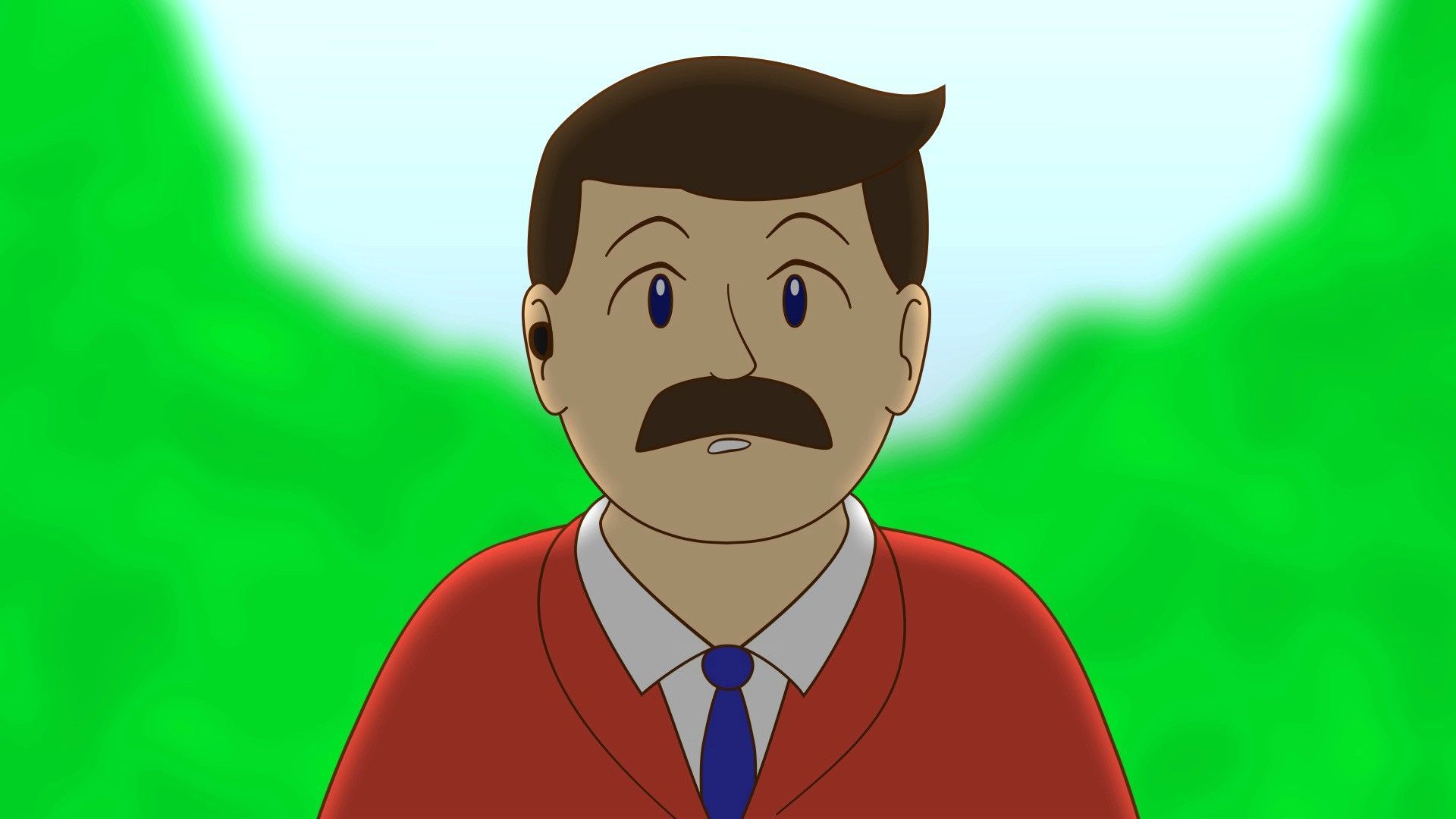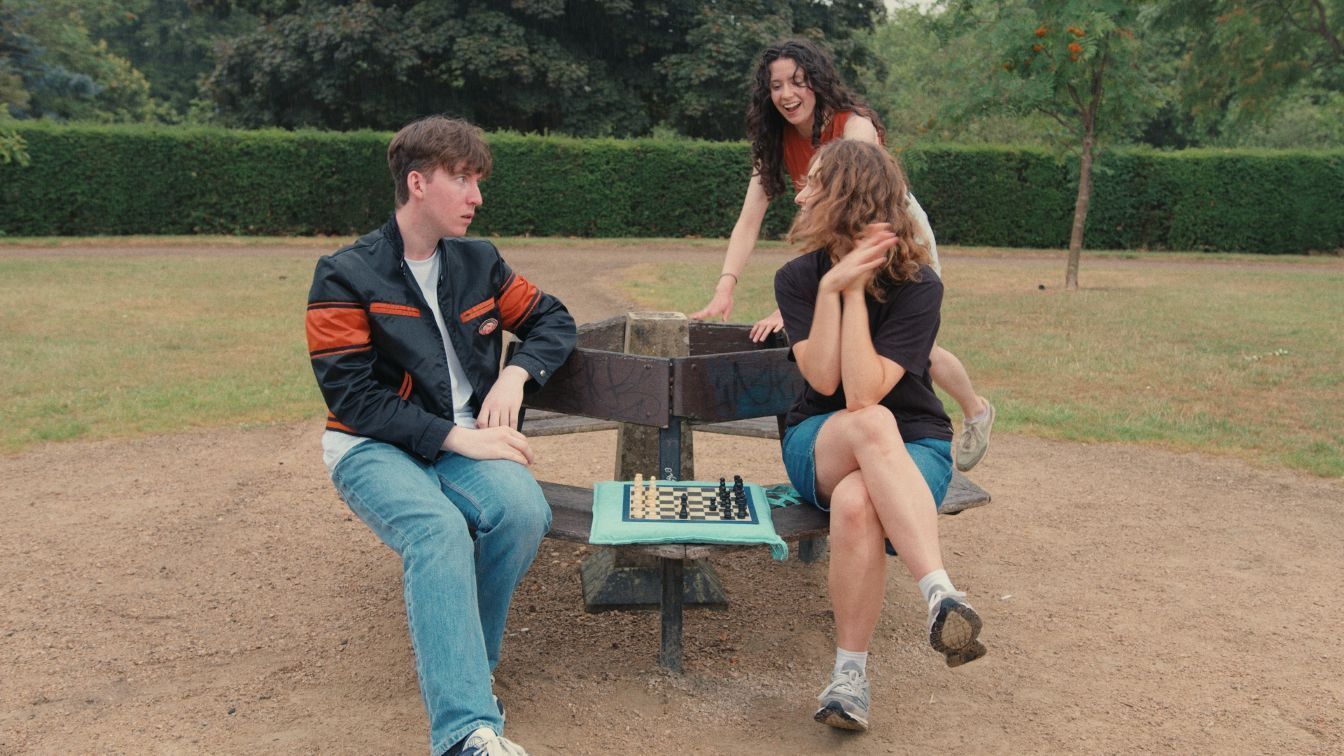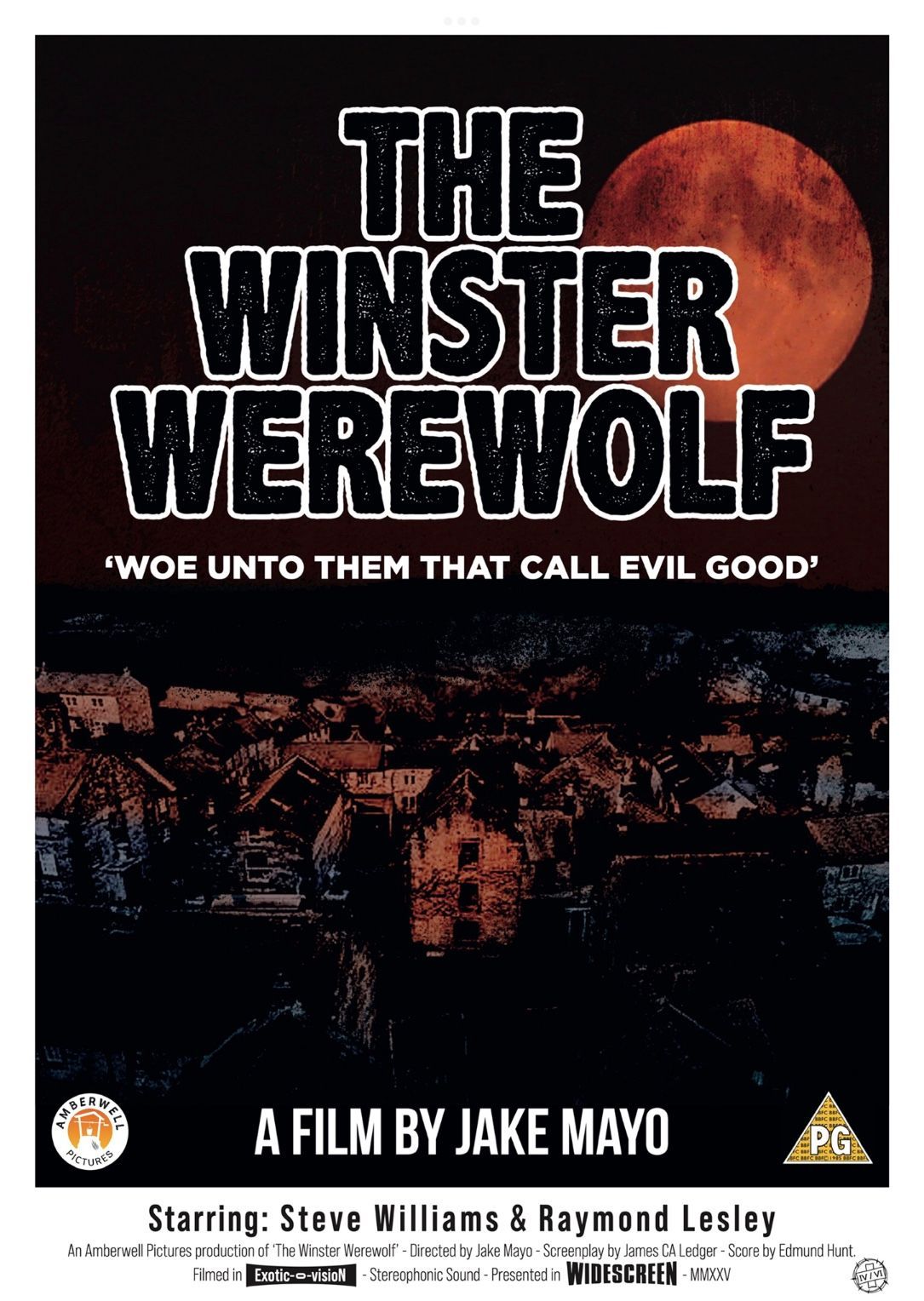Midlands Professional - Camera operator Mbili Munthali
midlandsmovies • May 17, 2020
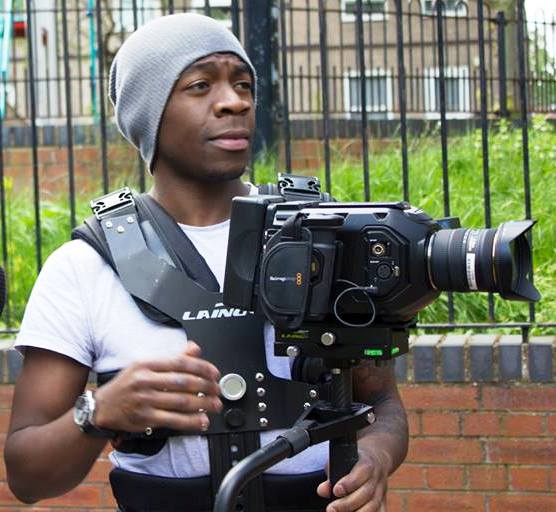
Midlands Professional – Camera operator Mbili Munthali
In a brand new series of articles Midlands Movies is talking to a range of regional experts who are sharing advice and hints and tips from their particular field in film. Second up to pass on their knowledge and experience is cameraman Mbili Munthali who currently works on a range of projects across the Midlands.
Midlands Movies Mike: Hi Mbili. How’s things?
Mbili Munthali: Great cheers. I’m very busy as always [laughs].
MMM: We can tell from your IMDB! Ha ha. If we can start at the beginning, your background is first and foremost in camera operating. How did you get into your current role?
MM: Well it was a mix of education and hands on experience. I studied at De Montfort University and not knocking the academic route but being on set has helped me develop a lot faster and a lot more instinctively than the formal education part. However, both have great merits though and the combination of each works extremely well.
MMM: And what happened after that?
MM: I graduated in Media Production in 2009 but photography was my first foray into using professional visual equipment. We developed 35mm film and I tell my friends there’s still nothing like a tactile experience and understanding the medium at its most basic. There’s a kind of disconnect with digital and the old way just gives you a good grounding for moving forward – especially as photography is the basis of how you use a film camera. Photos are just individual sequential frames. You naturally progress from the still image to moving pictures and if you learn the basic rules, it translates from one to the other.
MMM: And where did that lead you to?
MM: After the photography I used DV tapes and believe it or not I edited and structured my first films using Windows Movie Maker. Before long I got DSLRs and would take them out every day. I recorded test footage at different frame rates and in slow-motion and the like, which allowed me to experiment without any consequence. With my original course being more on post-production I learnt camera work in order to get the best out of the images I would end up using for visual effects.
MMM: So the two link well together?
MM: Yes, having the foresight to shoot in the correct fashion to give you the best possible outcome later on in the production is the approach I like to take.
MMM: What were the first projects you worked on?
MM: I started worked on Doug Cubin’s The Fort as a runner whilst at the same time Kenton Hall was preparing A Dozen Summers and asked me to join that production too. I did a Steadicam shot on that film actually – they’re not too heavy but it’s quite restrictive with the counterweights so you need to be quite physically flexible. I also helped on other projects and it all snowballed from there!
MMM: Were there any memorable moments from these varied shoots?
MM: After a while, Doug asked me to be more extensively involved in his movie and we ended up at a real fort in Dover. There were times where we filmed in a spiral staircase in the complete darkness and one time I was walking backwards with a ‘fly-cam’ and trying not to fall down and break my neck! On another shot we placed the camera down lower to create a certain feel but there were steps and features that were half my body size which I had to get up and over whilst keeping the camera steady.
MMM: Sounds exciting! We’ve talked about the physical side of things but what other kind of skills in general would you say are needed?
MM: You will need a lot of patience! Things can get frustrating but sometimes the magic happens on the first take which I’ve had several times. Also, ask plenty of questions and be curious. And I don’t just mean camera operating but everything else. You have to work with so many people and anticipate movement and all that will influence how you work. Obviously don’t ask questions whilst ‘doing’ a take [laughs] but during the downtime have conversations with others so you can use their information to get better at your own role.
MMM: Outside of a working set can people learn more elsewhere?
MM: Yes, as you are one link in a long chain I recommend budding camera operators shoot, plan and edit their own footage to go through the whole process. You then have an understanding of each step and the easier you make everyone else’s life, the smoother the production. You are there to provide the footage in the best possible way. And, oh yeah, don’t get precious if they don’t end up using your favourite shot. I would however recommend you ask for the footage for your own show-reel. Seriously though, I want to be able to provide what serves a story best.
MMM: Do you mind straying from storyboards or planned shooting?
MM: Not at all, you have to understand that all plans can change too. In fact it actually pushes you to be very versatile in your camerawork. I advise that if there’s a suggestion to do the shot another way then just do it! Some of the best times are when you are on the limit of what you think you can do. It may take a bit of practice and time but all the while you are learning along the way. Some will naturally find their best, or favourite, way to shoot but personally I like to be on as many different kinds of shoots as I can to expand my knowledge.
MMM: And what about low/no-budget short films – are there different challenges?
MM: With shorts there’s so much to do in so little time. And often with no money! I worked on Capricious by Jordan Handford and we got a very complicated shot completed at 2.30am but it’s about perseverance and patience but I advise others to stick with it through the frustrations.
MMM: As well as camera work, you’re also adept at turning your hand to sound and special effects?
MM: There’s a big crossover and although I am no sound expert I try to understand at least parts of other roles on set and will try my hand at them when required.
MMM: Is that because the nature of low budget filmmaking i.e. less crew available?
MM: Yes. Although I wouldn’t take, or advise people to take, roles they didn’t think they could fulfil. Rather than one good job you could end up doing two jobs poorly. That said, sometimes you have to find creative solutions to logistical issues that come up.
MMM: In the case, what pitfalls do people need to look out for when approaching low budget filmmaking?
MM: Well, the technical aspects can sometimes be an issue. As I said earlier, if you can get your hands on equipment then you can practice in your own time. Also, an appreciation of technical speak is needed so people can understand the basics of terms like aperture, f-stop, shooting modes and the like. To help though, people shouldn’t underestimate the power of the internet, especially YouTube, where you can view and learn about different cameras. And I do mean literally the button and menu placement which vary on different cameras on low-budget shoots. The manuals are also online and if you can’t practice with the camera you’ll end up using it’s the next best way to learn.
MMM: That’s a fantastic tip! Moving on though, you also work with young people at the Pauline Quirke Academy. Do you enjoy passing on these skills as well?
MM: Yes, when I was asked about helping out at PQA, I never really thought about teaching but it became appealing as you find out a lot about how much you know when you teach. So I started and it was a very positive experience. The children have a great idea what a camera is, it’s on all our phones, but not the best idea about what it can do. The things I’ve learnt to do automatically had to be explained in a way they would understand. The kids came back with photos they never knew they could take – they looked like magazine covers!
MMM: And what’s next for you?
MM: I’m working on Rhys Davies’ Acid Daemons as well as starting a new venture in special effects. I have recently built my own render farm and production space to work on CGI and visual f/x which I hope to get going very soon.
MMM: Huge thanks for meeting and chatting today, Mbili. Any final thoughts?
MM: Thank you. It’s been great and I hope it can inspire more people to get involved in a role I find so fulfilling.
Find out more about Mbili and his projects below:
Follow on Twitter: https://twitter.com/mbilimunthali
Follow on IMDB: http://www.imdb.com/name/nm5946474/
